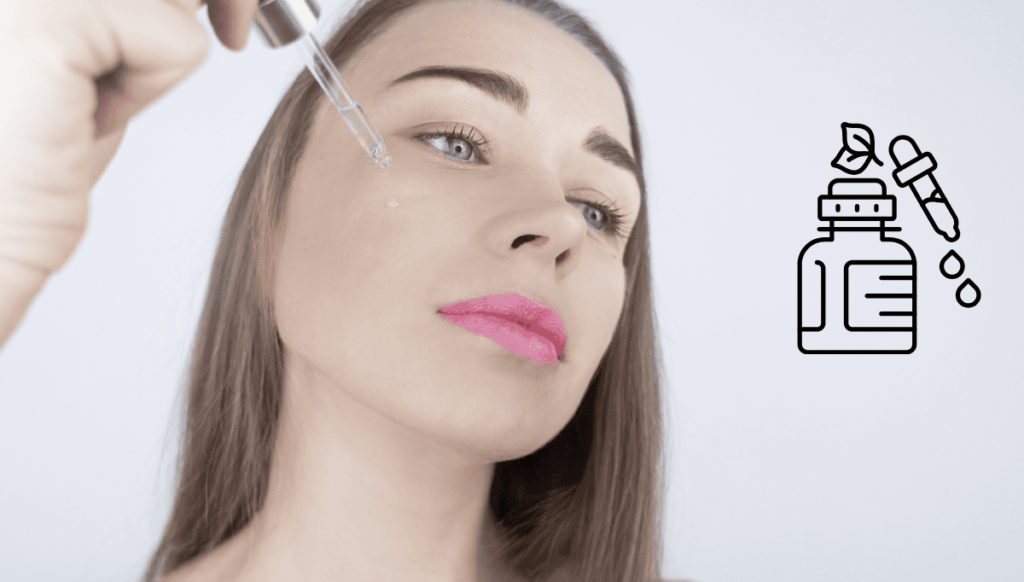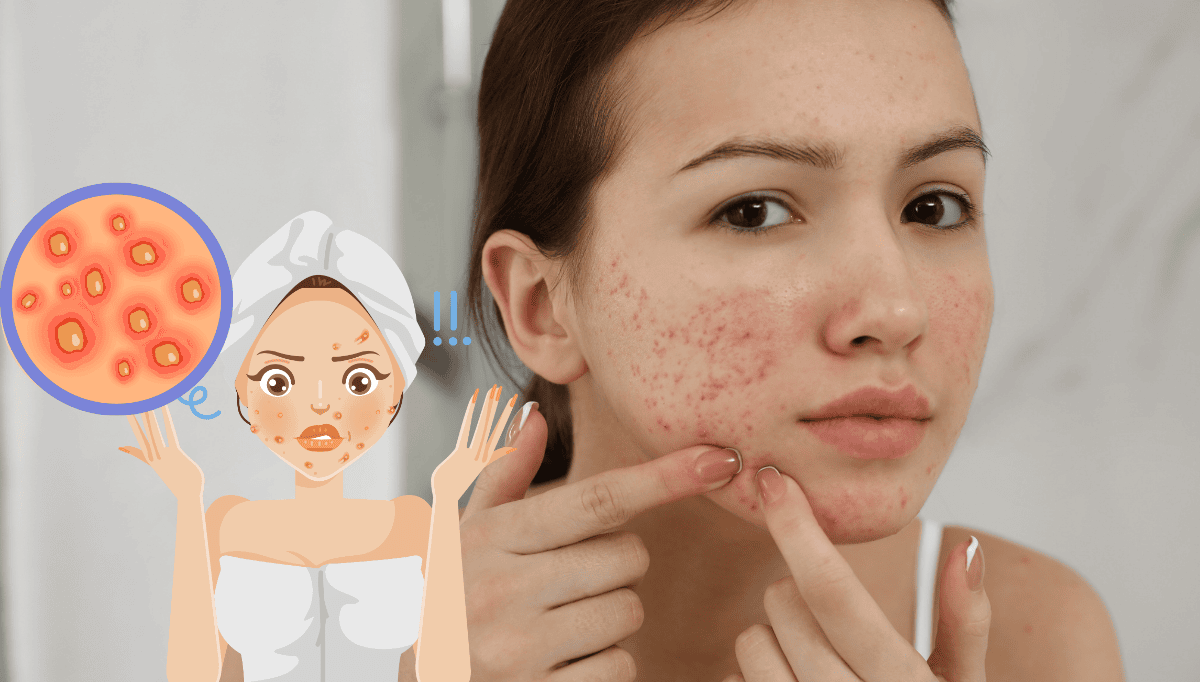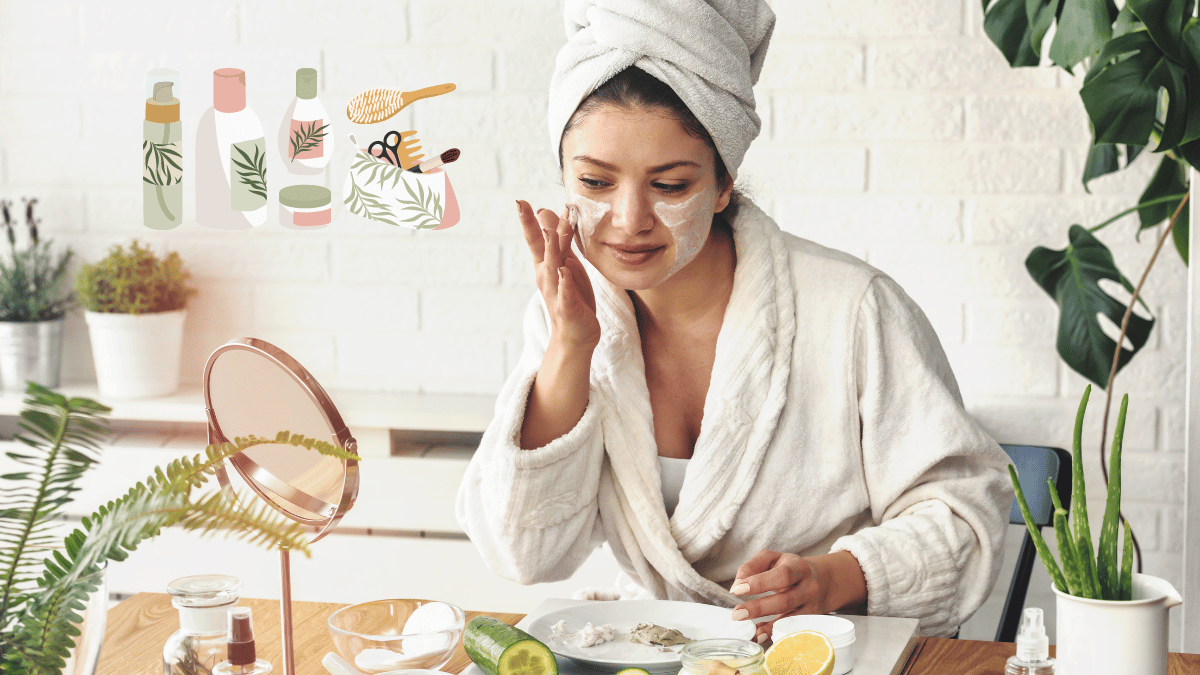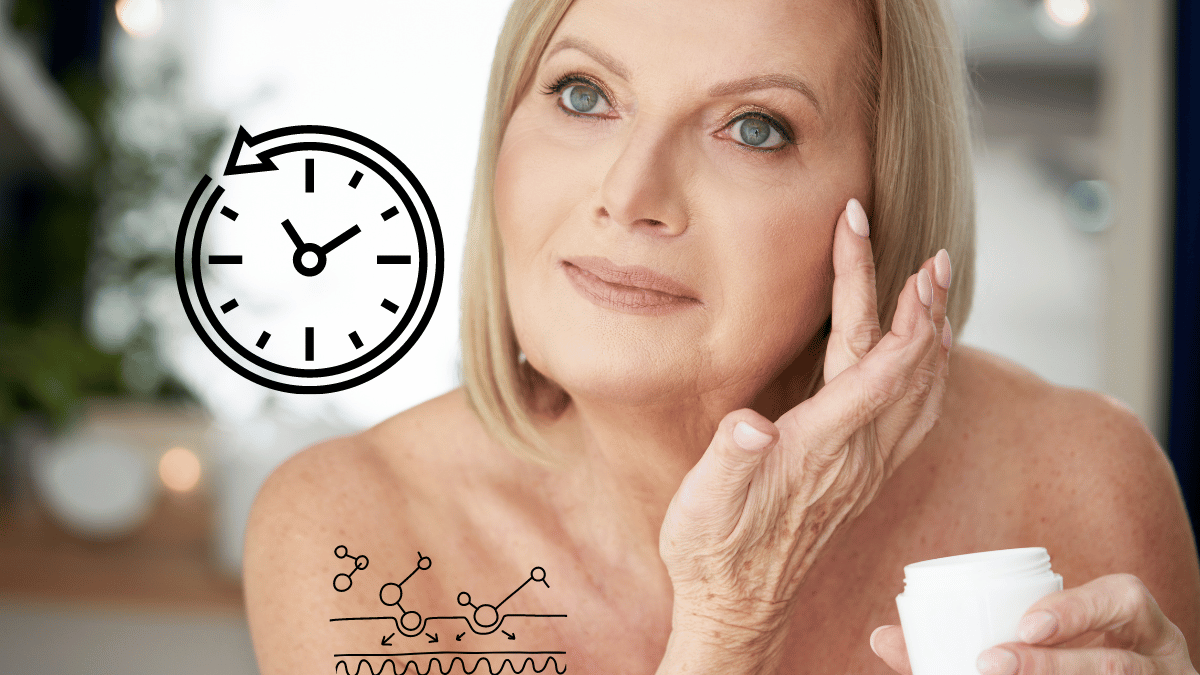What Are Pimple Under Skin?
Pimples under the skin refer to acne lesions that develop deep within the dermal layers, often resulting in painful, hard bumps. Unlike surface pimples, which are typically filled with pus and can easily be popped, these deep-seated pimples, commonly known as cystic acne, can be more challenging to treat and often take longer to heal.
They form when hair follicles become clogged with excess oil, dead skin cells, and bacteria, leading to inflammation and swelling beneath the skin’s surface. This type of acne can be particularly distressing, both physically and emotionally, as it often leads to discomfort and can affect self-esteem.
Understanding Cystic Acne
Cystic acne is a severe form of acne characterized by large, painful lumps that form under the skin. These cysts can be filled with pus but do not always come to a head like traditional acne. Cystic acne is often caused by hormonal fluctuations, which trigger an increase in oil production, along with factors such as stress, diet, and genetics.
It typically affects teenagers, but adults can also experience it. The inflammation associated with cystic acne can lead to significant redness and tenderness, making it not only physically uncomfortable but also more likely to result in scarring.
Effective treatment for cystic acne often requires a comprehensive approach, including topical and oral medications, lifestyle changes, and sometimes professional interventions.
Difference Between Surface Pimples and Deep Pimples
Surface pimples, such as whiteheads and blackheads, are generally more recognizable and easier to treat. They appear on the skin’s surface and are often filled with pus or clogged oil, making them more prone to popping. These types of pimples typically resolve quickly with over-the-counter treatments or simple skincare routines.
In contrast, deep pimples, particularly cysts, are located beneath the skin and are not easily visible from the surface. They can be larger, harder, and more painful, making them more challenging to manage.
While surface pimples may respond well to topical treatments like benzoyl peroxide or salicylic acid, deep pimples often require more intensive care, such as prescription medications like antibiotics or retinoids, and sometimes even drainage procedures performed by a dermatologist. Understanding these differences is crucial for effective acne management.
Causes of Pimples Under the Skin
Pimples under the skin can arise from a variety of factors. Understanding these causes can help in effectively preventing and treating this type of acne.
Hormonal Changes
Hormonal fluctuations are a significant trigger for pimples under the skin, especially during puberty, menstruation, pregnancy, or due to conditions like polycystic ovary syndrome (PCOS). Androgens, which are male hormones present in both men and women, can cause the sebaceous (oil) glands to enlarge and produce more sebum.
This excess oil can lead to clogged pores and, ultimately, the formation of deep pimples. Managing hormonal balance through lifestyle changes or medications may help reduce the occurrence of cystic acne.
Diet and Lifestyle Factors
Diet and lifestyle choices play a crucial role in skin health. Consuming high-glycemic foods, such as sugary snacks and refined carbohydrates, can trigger insulin spikes that may increase oil production in the skin. Additionally, dairy products have been linked to acne in some studies, possibly due to hormones present in milk.
Stress and lack of sleep can also exacerbate skin conditions, as they may lead to increased cortisol levels, which in turn can stimulate oil production. Maintaining a balanced diet rich in whole foods, staying hydrated, managing stress, and getting adequate sleep can all contribute to clearer skin.
Skin Care Products
The products we use on our skin can either help or hinder our skin health. Comedogenic products, which are known to clog pores, can lead to pimples under the skin. Heavy creams, certain oils, and some makeup products can contribute to the development of cystic acne, especially for those with oily or combination skin.
It’s essential to choose non-comedogenic and hypoallergenic products, and to regularly assess the effectiveness of your skincare routine to prevent breakouts.
Genetic Predisposition
Genetics can play a significant role in determining your likelihood of developing pimples under the skin. If your parents or siblings experienced cystic acne, you may be more susceptible as well. Genetic factors can influence the size and activity of sebaceous glands, as well as how your skin responds to hormones and other triggers.
While you can’t change your genetics, understanding your predisposition can help you take proactive steps in your skincare and lifestyle choices to mitigate breakouts.
How to Treat Pimples Under the Skin
Treating pimples under the skin requires a multifaceted approach, as these deep-seated blemishes often need more than just topical care. Here are some effective treatment options:
Over-the-Counter Treatments
Over-the-counter (OTC) treatments can be effective for managing mild to moderate pimples under the skin. Look for products containing active ingredients such as:
- Benzoyl Peroxide: This ingredient helps reduce bacteria on the skin and can help clear clogged pores. It’s effective in preventing new breakouts.
- Salicylic Acid: Known for its ability to exfoliate the skin and unclog pores, salicylic acid can help prevent the formation of deep pimples.
- Retinoids: Available in OTC formulations, retinoids promote cell turnover and help prevent clogged pores, making them effective for treating and preventing acne.
When using OTC treatments, start slowly to assess how your skin reacts and avoid over-drying, which can lead to irritation.
Prescription Medications
For more severe cases of cystic acne, prescription medications may be necessary. Some common options include:
- Topical Retinoids: Stronger than OTC versions, prescription retinoids help unclog pores and reduce inflammation.
- Antibiotics: These may be prescribed to reduce bacteria and inflammation associated with acne. They can be used topically or orally, depending on the severity of the condition.

- Oral Contraceptives: For women, hormonal birth control can help regulate hormones that trigger acne, particularly if hormonal fluctuations are a contributing factor.
- Isotretinoin: A powerful oral medication reserved for severe cases of cystic acne, isotretinoin can significantly reduce oil production and prevent future breakouts. However, it requires careful monitoring due to potential side effects.
Consulting a dermatologist is essential for determining the most appropriate prescription treatment based on your specific needs.
Home Remedies and Natural Treatments
Many individuals seek natural or home remedies for treating pimples under the skin. While these may not be as scientifically validated as other treatments, some options may help soothe inflammation and support skin health:
- Tea Tree Oil: Known for its antimicrobial properties, diluted tea tree oil can be applied to affected areas to help reduce inflammation and bacteria.
- Aloe Vera: This soothing plant extract can help calm irritated skin and reduce redness. It can be applied directly to the skin or used in gel form.
- Honey: With its natural antibacterial properties, honey can be applied as a spot treatment to help reduce inflammation and promote healing.
- Warm Compress: Applying a warm compress can help ease pain and encourage the pimple to come to a head, making it easier to manage.
While home remedies can provide relief, it’s important to remember that they may not work for everyone. Always perform a patch test before trying new treatments, and consult a healthcare professional if you have persistent issues.
Preventing Pimples Under the Skin
Preventing pimples under the skin requires a holistic approach that includes a consistent skincare routine, mindful dietary choices, and healthy lifestyle habits.
Skincare Routine Tips
A well-structured skincare routine is essential for maintaining clear skin. Start by cleansing your face regularly with a gentle, non-comedogenic cleanser twice a day. This helps remove dirt, oil, and impurities without stripping the skin of its essential moisture.
It’s important to avoid harsh scrubs that can irritate the skin and potentially worsen acne. Incorporating exfoliation into your routine is also beneficial; using chemical exfoliants like alpha-hydroxy acids (AHAs) or beta-hydroxy acids (BHAs) once a week can help remove dead skin cells that clog pores.
Moisturizing is another crucial step, even for those with oily skin. Opt for lightweight, oil-free, and non-comedogenic products to ensure hydration without clogging pores. Additionally, don’t forget sun protection; applying a broad-spectrum sunscreen daily protects your skin from UV damage.
Dietary Recommendations
Diet plays a significant role in skin health, and making mindful choices can help reduce the occurrence of pimples under the skin. It’s advisable to limit high-glycemic foods, such as sugary snacks, white bread, and pastries, as they can spike blood sugar levels and increase insulin, which may promote acne. Instead, focus on incorporating low-glycemic foods like whole grains, legumes, and plenty of vegetables into your diet.
Including sources of omega-3 fatty acids, such as fatty fish like salmon, walnuts, and flaxseeds, can also be beneficial. Omega-3s have anti-inflammatory properties that support overall skin health. Staying hydrated is equally important; drinking plenty of water helps maintain skin hydration and flushes out toxins that may contribute to breakouts.
Lifestyle Changes
Incorporating healthy lifestyle changes can have a significant impact on your skin’s condition. Managing stress is crucial, as high-stress levels can trigger hormonal changes that worsen acne. Engaging in stress-reducing techniques like yoga, meditation, or deep-breathing exercises can be beneficial.
Getting enough sleep is another vital aspect; aiming for 7 to 9 hours of quality sleep each night allows your body to repair and regenerate, contributing to healthier skin. Regular physical activity boosts circulation and helps reduce stress, but it’s important to cleanse your skin post-workout to remove sweat and bacteria that can clog pores.
Conclusion
In summary, understanding and addressing the causes of pimples under the skin is essential for effective prevention and treatment. From hormonal fluctuations and dietary choices to skincare routines and lifestyle habits, each factor plays a crucial role in maintaining healthy skin.
By adopting a consistent skincare regimen, being mindful of your diet, and making positive lifestyle changes, you can significantly reduce the likelihood of experiencing painful cystic acne.
FAQs
What causes pimples under the skin?
Hormonal changes, clogged pores, diet, and genetics can contribute to pimples under the skin.
How can I treat deep pimples?
Treatments include over-the-counter products, prescription medications, and home remedies.
Are there effective home remedies for pimples?
Tea tree oil, aloe vera, and honey can help soothe and reduce inflammation.
Can diet affect acne?
Yes, high-glycemic foods and dairy may trigger breakouts, while a balanced diet can help.
How can I prevent pimples under the skin?
Maintain a consistent skincare routine, manage stress, and make healthy dietary choices.



